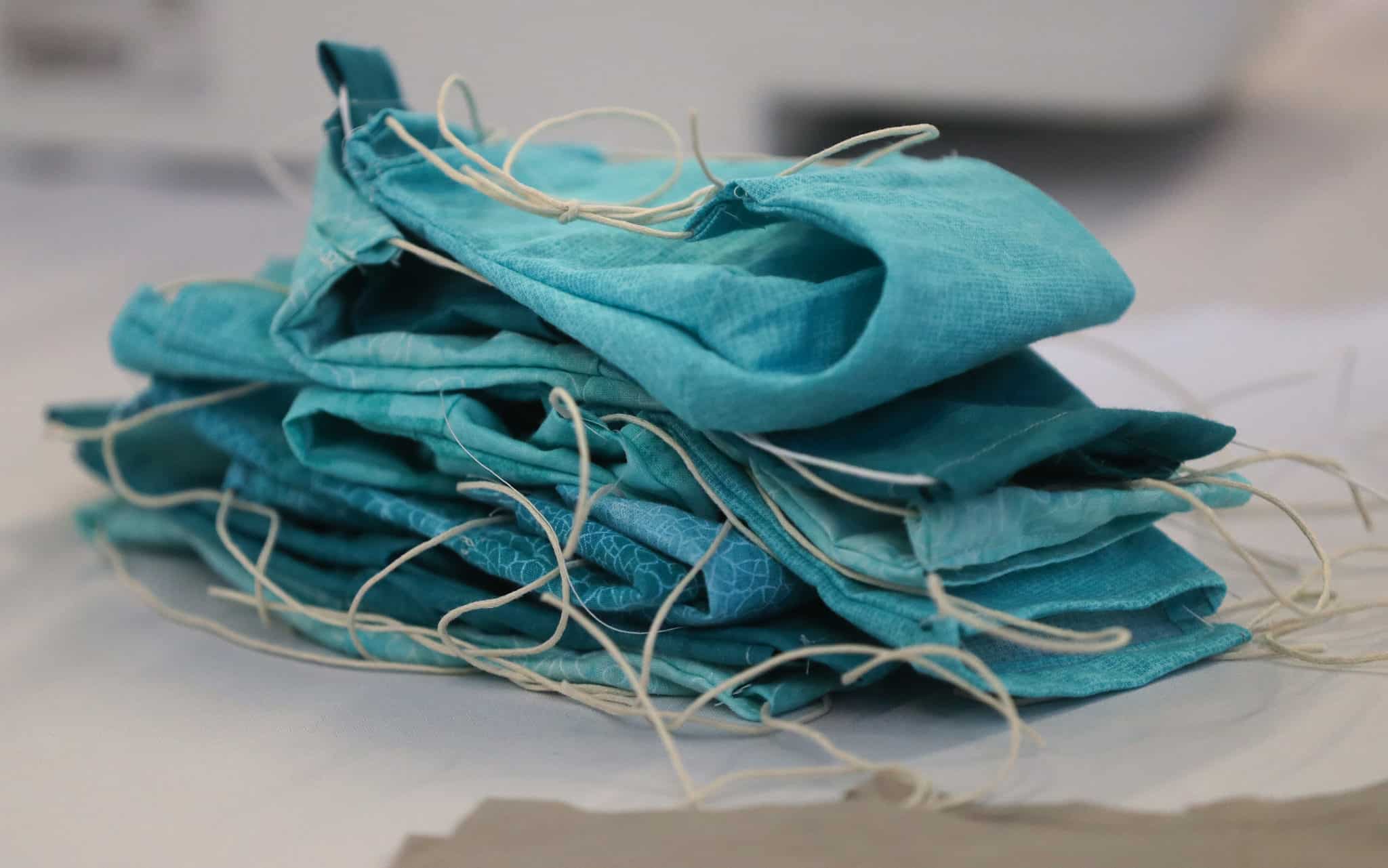
As an internal medicine specialist, I spend my days treating patients with all sorts of illnesses, including COVID-19. That may be one reason why I was so annoyed a few weeks ago when I walked by a crowded Pilates studio on the Westside and noticed 20 people exercising barely 6 feet apart and without masks. Thinking of my elderly COVID-19 patients, I rapped on the large window and bellowed, “I hope you don’t have grandmothers at home! If you do, you could bring back a virus and kill them!” The instructor flashed a look to her assistant, who headed outside to meet me. I looked across my mask at the assistant as he approached me and mumbled, disapprovingly, “Free speech, you know.”
Why do many Americans still shun the safety measures that produced coronavirus success stories in Korea, Taiwan and elsewhere? The unfortunate answer probably relates to two American cultural trends: contempt for science and extreme libertarianism.
Dr. Anthony Fauci, the government’s leading infectious-disease expert, recently commented that “science is truth.” Unfortunately, Fauci’s view of science meets resistance when it brings unwanted personal or political implications, as in climate science and vaccinations. Last year, State Sen. Dr. Richard Pan’s common-sense bill to improve school vaccine compliance faced surprisingly strong anti-science opposition. At a recent UCLA symposium, Pan expressed extreme frustration with his opponents. They told him that they heard his facts, but had their own opinions. He realized that rational discourse is useless when opinions become independent of the facts.
The “dirty secret” of mask wearing is that it protects others better than it protects the wearer. When everyone masks, we’re all protected. To the extent that others benefit, the motivation depends on an investment in others’ well-being. Unfortunately, the social balance between personal and collective benefit has increasingly shifted over the decades. Sixty years ago, President John F. Kennedy told the nation: “Ask not what your country can do for you — ask what you can do for your country.” Two decades later, the fading of that communal ethic could be seen in presidential candidate Ronald Reagan asking Americans, “Are you better off than you were four years ago?”
Unfortunately, the federal government continues to miss opportunities to alter public behavior and save lives.
This emphasis on individualism rather than the greater good also can be seen in the arguments of anti-maskers. Many deny the government’s authority to restrict their personal freedom by compelling public mask use. These advocates of extreme libertarianism don’t understand that self-determination was never a blank check. The late Supreme Court Justice Oliver Wendell Holmes Jr. noted memorably that the right to free speech “would not protect a man falsely shouting fire in a theater and causing a panic.” Libertarians may wish otherwise but, like freedom of speech, the “right” to avoid a mask is constrained legally and morally by the imperative for public safety.
The experiences with COVID-19 in Taiwan, Korea and elsewhere demonstrate that effective leadership and cultural values can overcome resistance and ensure compliance with mask wearing and the other practices that can stem this pandemic. Unfortunately, the federal government continues to miss opportunities to alter public behavior and save lives. From the beginning of the pandemic, the Trump administration acted as though an appeal for changes in personal behavior would underscore the seriousness of the situation and sabotage the message that we now are “great again.”
In the short six months of this pandemic, less than 10% of the population has been infected, yet we have lost nearly 200,000 American lives, more than three times the death toll of the Vietnam war. The potential for further loss of life remains enormous, particularly because so many states continue to see resurgences of COVID-19 cases and hospitalizations.
Hundreds of thousands of lives still can be spared if we all finally adopt the simple measures proven to work elsewhere. It’s time to stop the mixed messages on masking and social distancing. All public servants should model appropriate behavior by wearing masks in public. They should tell their constituents that to defeat this enemy, we must practice public health measures we know will save lives.
For vulnerable Americans like my senior patients, death is knocking at the door. The time to act is now.
Daniel Stone is a medical doctor practicing in Southern California.
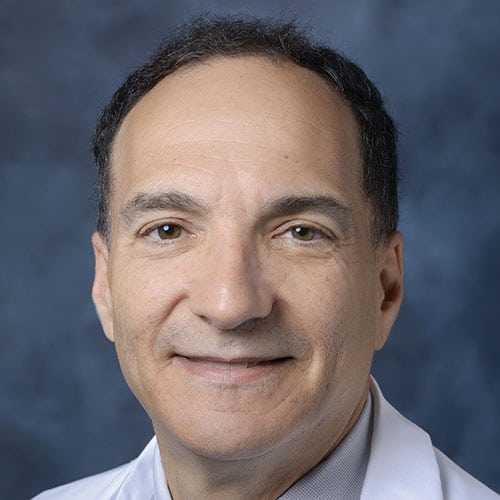









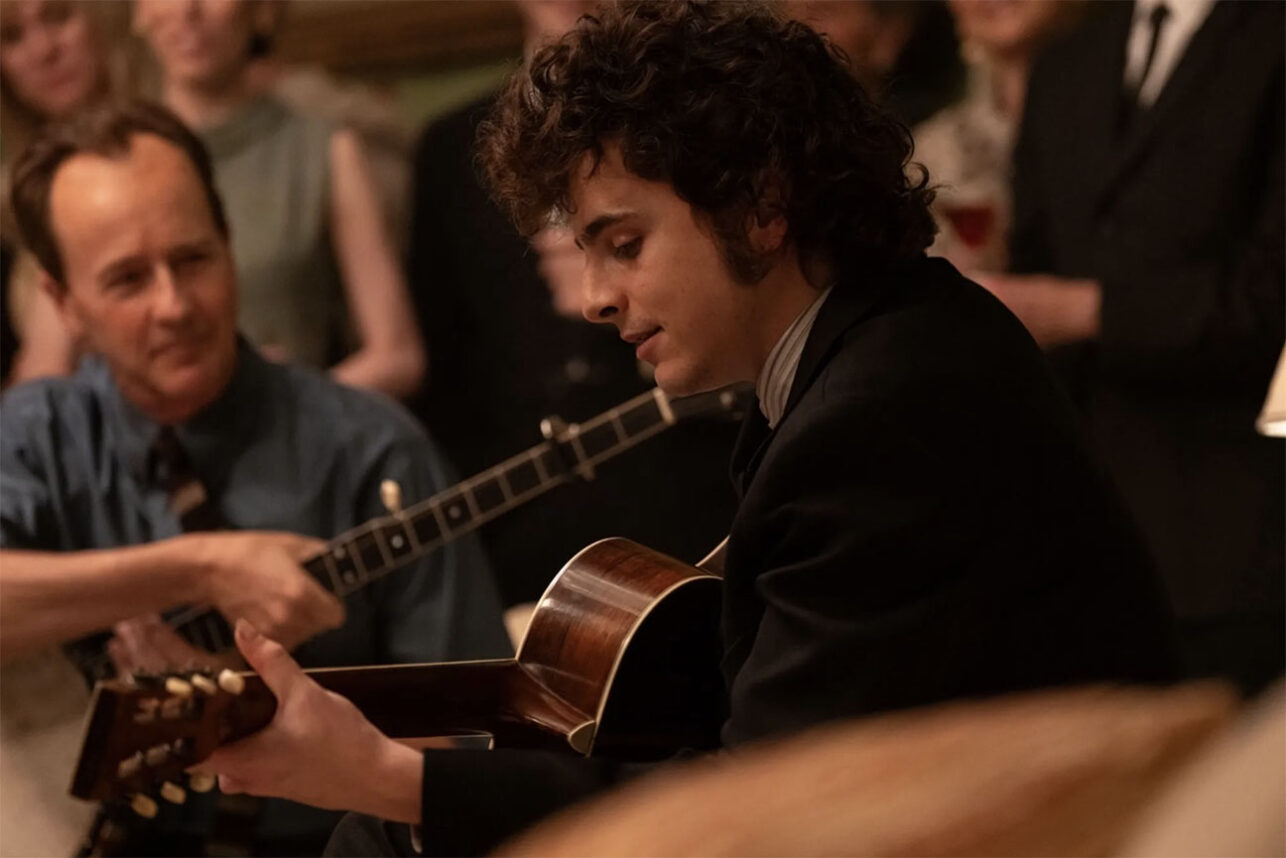


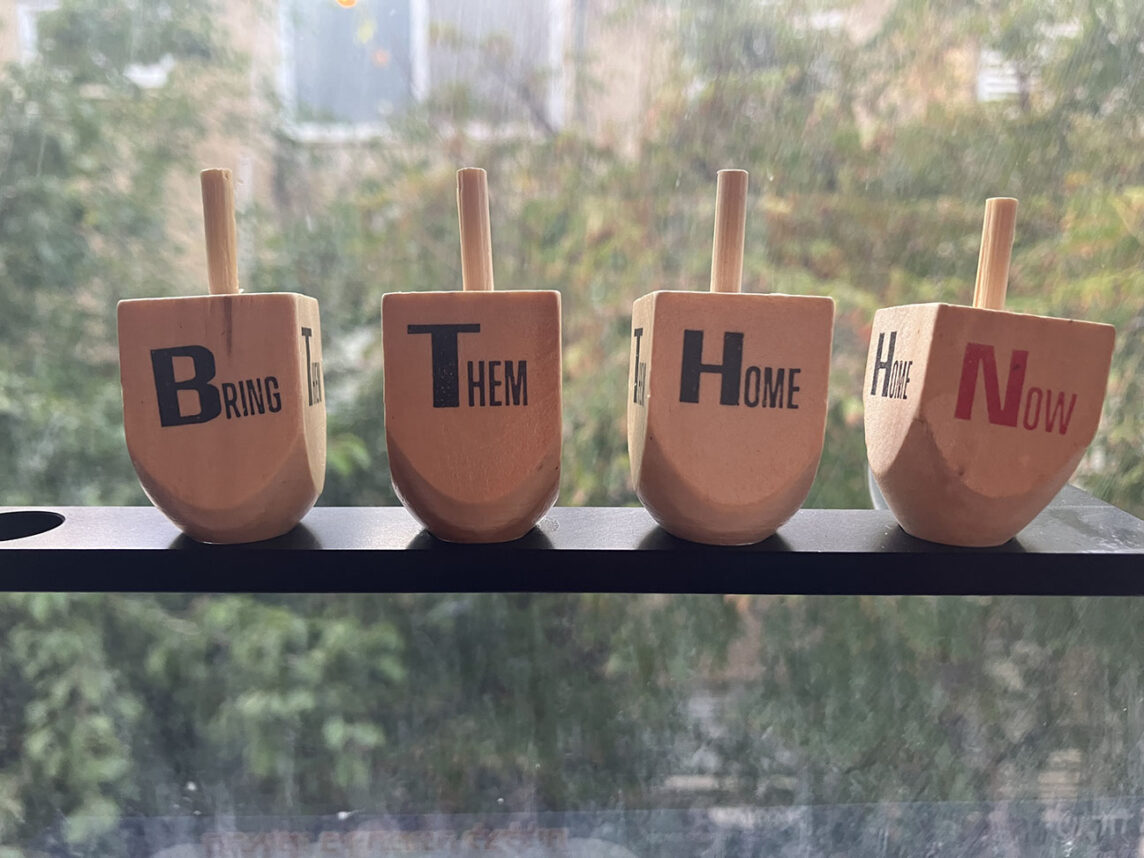
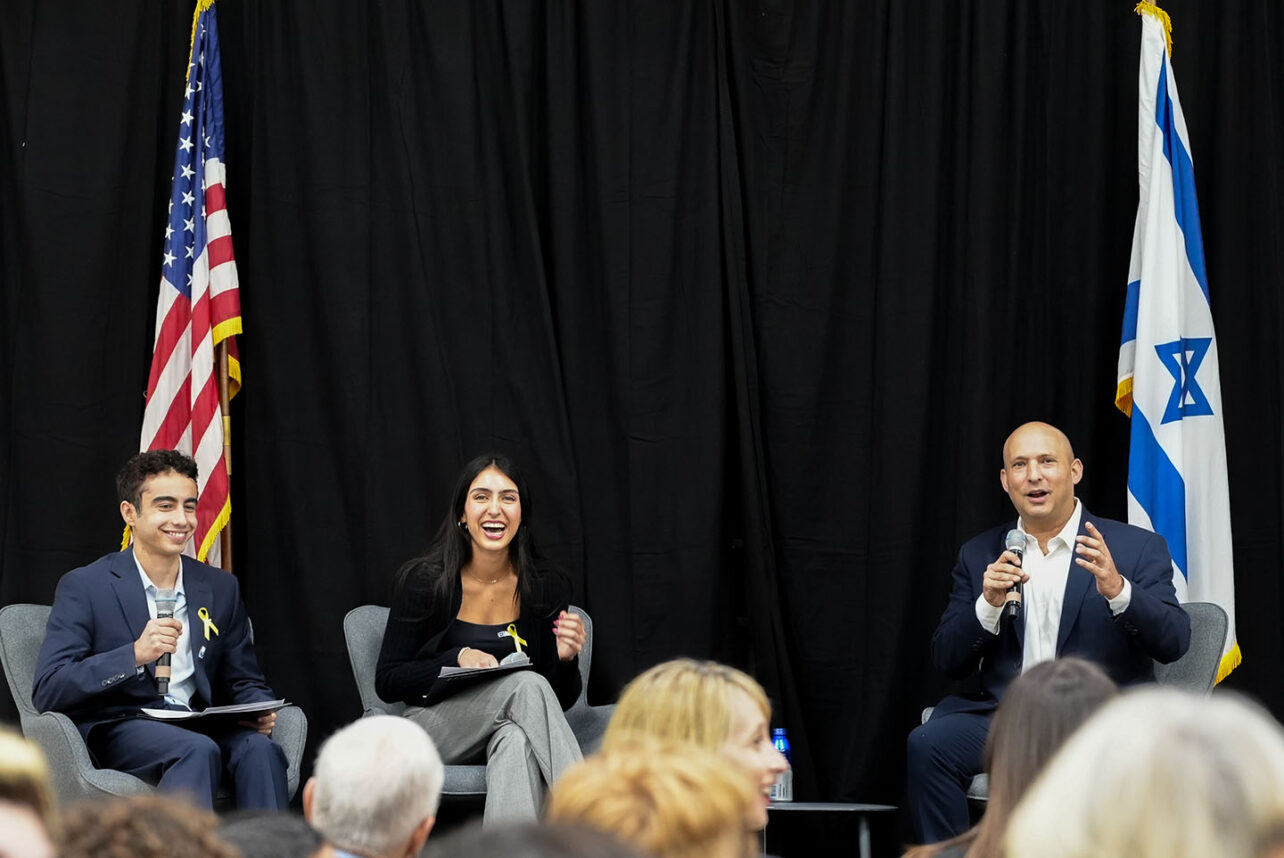
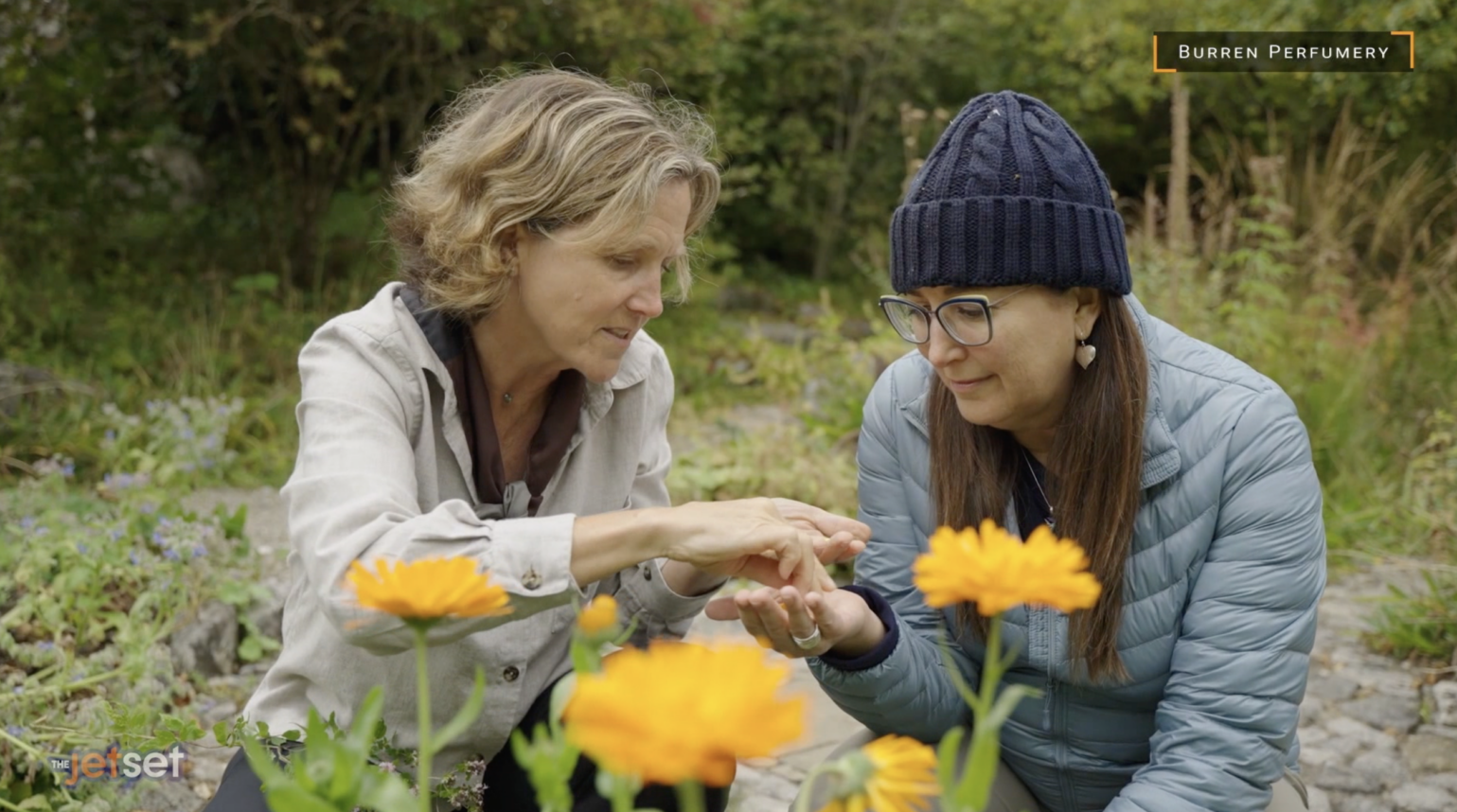






 More news and opinions than at a Shabbat dinner, right in your inbox.
More news and opinions than at a Shabbat dinner, right in your inbox.